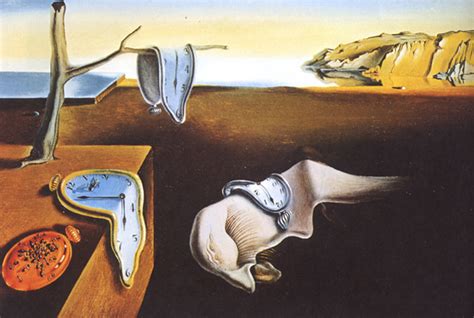Does “daylight savings time” save energy? Does it save money? Does it save lives? Does getting up when the sun is lower in the morning sky mean you have more time before you go to bed at night?
“One hundred years ago when they first proposed this, they said it was about saving energy,” said Michael Downing, author of “Spring Forward: The Annual Madness of Daylight Saving Time. This has never been realized no matter how many times they say it.” 
A University of California study has shown that DST doesn’t save anyone any money at all. In fact, it’s costing consumers extra, to the tune of $3.19 in extra utility bills per year. The study was made possible because of the peculiarities of the state of Indiana, which was only partially on DST until 2006. When the whole state finally went DST (to sync with the national business day), some comparisons vs. the prior method were made apparent. The study calculated that the shift costs Indiana residents an extra $8.6 million in electricity bills in total.
If the justification for DST has always been energy savings, why isn’t ‘saving daylight’ burning fewer light bulbs and saving energy?
It is, according to the study. But while lighting bills were reduced, air-conditioning units had to run more often, because people were home on hot afternoons when they’d otherwise be still at the office. Heaters had to be run on cool mornings, and lights on too, when people got up and it was still dark outside.
Professor Matthew Kotchen, who pioneered the study, noted, “I’ve never had a paper with such a clear and unambiguous finding as this.”
Even in 1976, three years after DST went into effect, the National Bureau of Standards found that there was no significant energy savings after the switch.
Not to be convinced by mere facts, Congress is determined to take us out of the ‘dark ages’ and into ‘enlightenment’ by extending the time zone hour change even more this year.
The source of this bright idea is, not surprisingly, the ever-meddlesome Congressman Ed Markey, who calls the bill “a huge victory for sunshine lovers.”
There are some places that need just the opposite: shorter sunny evening hours. Once the sun goes down and the temperature falls to the high 80s, you can actually enjoy being outside.
The ostensible goal of the bill is energy saving, but the evidence is not just missing, the costs are just ignored: more demand for energy-guzzling air conditioning in the populous, hot southern states. If the global warming proponents are genuine, why are they not proposing a repeal of daylight savings time change? (Continued on Page 2)